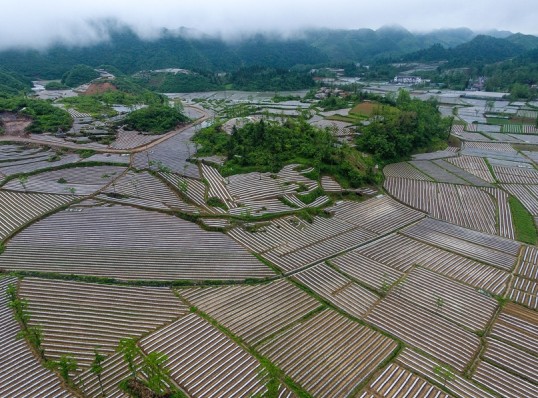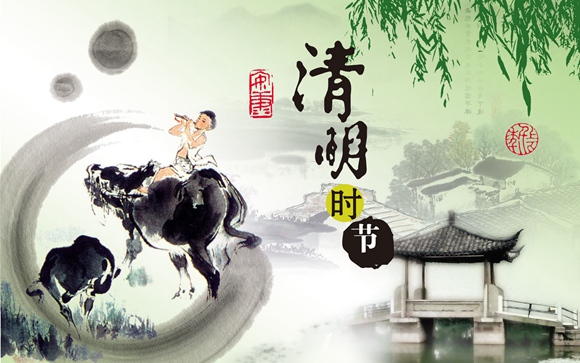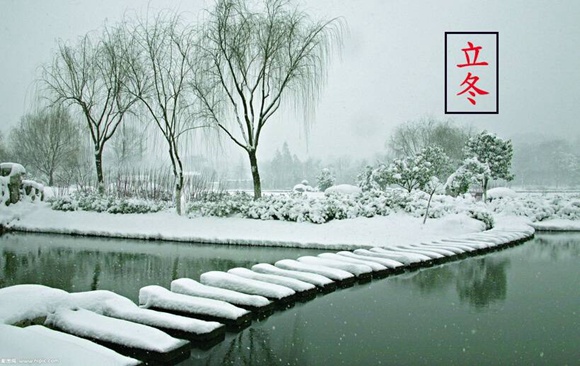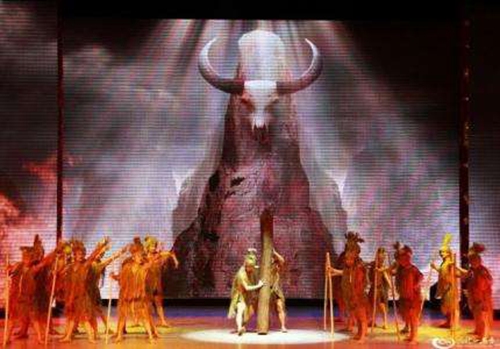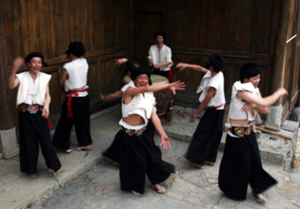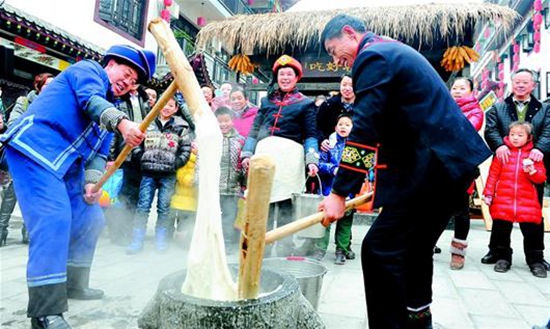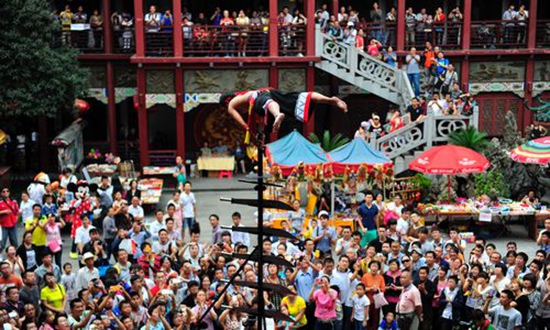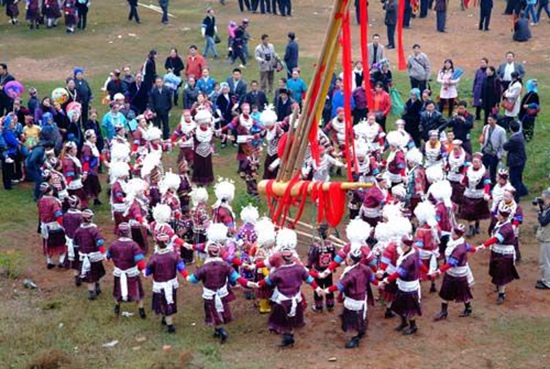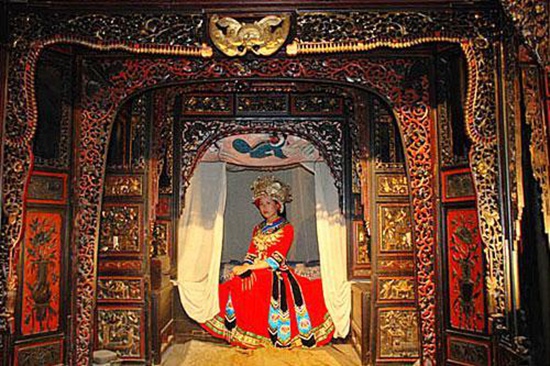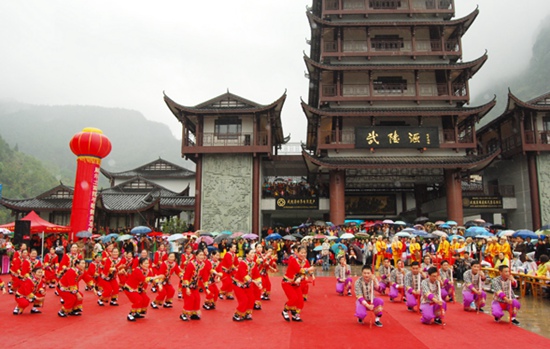He Long (March 22, 1896 – June 8, 1969) was a Chinese military leader. He rose to the rank of Marshal and Vice Premier after the founding of the People's Republic of China.
He Long was a member of the Tujia ethnic group. Born in Sangzhi, Hunan province, he was the son of a minor military officer who was a member of the Gelaohui (Elder Brother Society), a secret society dating back to the early Qing dynasty. A cowherd during his youth, he received no formal education. He killed a local government tax assessor who had murdered his uncle, and afterwards became an outlaw (giving rise to the legend that he began his revolutionary career with just two kitchen knives).
By the mid-1920s, he had emerged as an important local military figure, rising to command the Nationalist Twentieth Army in 1923. During the 1926 Northern Expedition, He commanded the 1st Division, 9th Corps of the National Revolutionary Army. In 1927 He joined the Communist Party of China (CPC), serving as commander of the 20th Corps, 1st Column and leading the main force of the Nanchang Uprising. Chiang Kai-Shek continuously tried to make him rejoin the Kuomintang (Nationalist Party), but failed to succeed.
After the failure of the Nanchang Uprising, he turned down an offer by the CCP Central Committee to study in Russia and returned to Hunan where he raised a new force.
In 1930, he led the Second Army in attacking Wuhan, then retreated to Western Hunan. During the Long March, he emerged as a supporter of Mao Zedong's peasant-oriented approach. The Second Army of the Chinese Red Army under He Long's command was the only communist force that instead of having its number reduced, its number actually increased slightly during the Long March.
During the Second Sino-Japanese War, He commanded a force of approximately 175,000 troops, which operated in northwestern China. He's most notable subordinates included Zhang Zongxun, Xu Guangda, and Peng Shaohui. In October 1945, one month after the Japanese surrender, the command of He's forces was transferred to Peng Dehuai, which operated as the "Northwest Field Army". He became Peng's second-in-command, but spent most of the rest of the Chinese Civil War in central Party headquarters, in and around Yan'an.
After the communist victory and the founding of the People's Republic in 1949, He headed the National Sports Commission. He was made a marshal in 1955, and was also made Vice Premier. During the Cultural Revolution he was branded an anti-Party element and purged in 1966. He died in custody from diabetes, beatings and starvation. A stadium in Changsha was named after him in 1987.
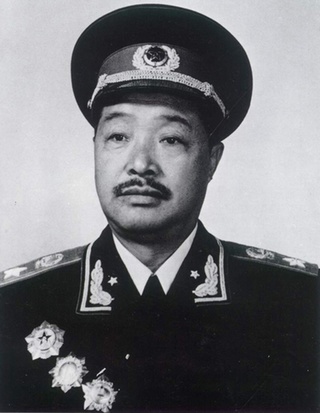
Source:shuire
